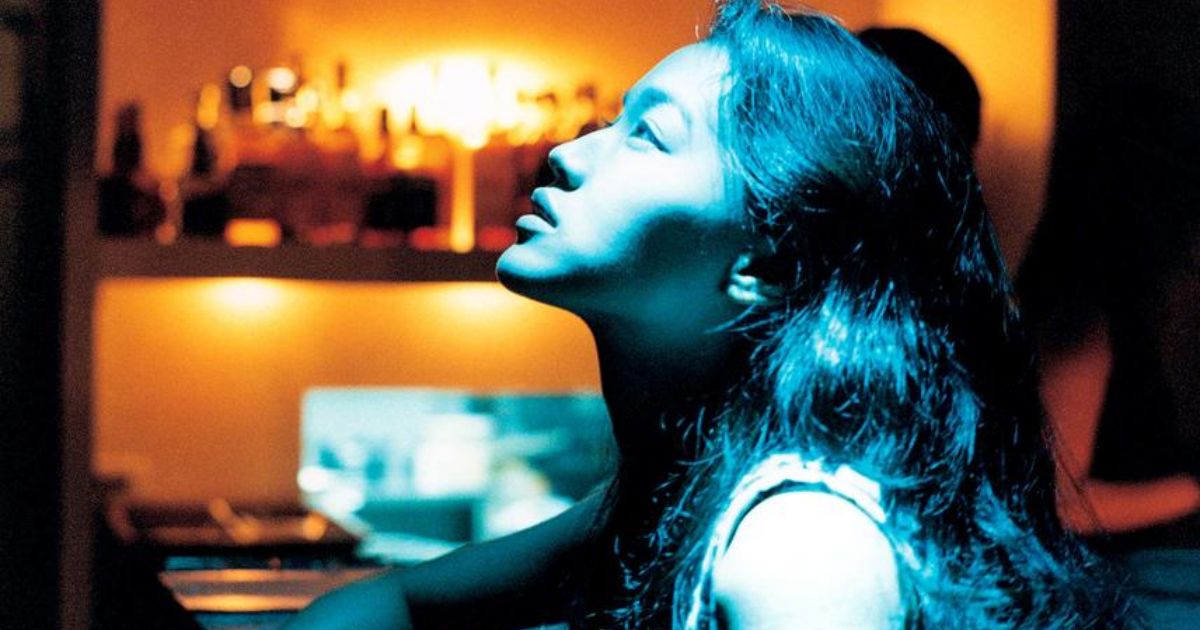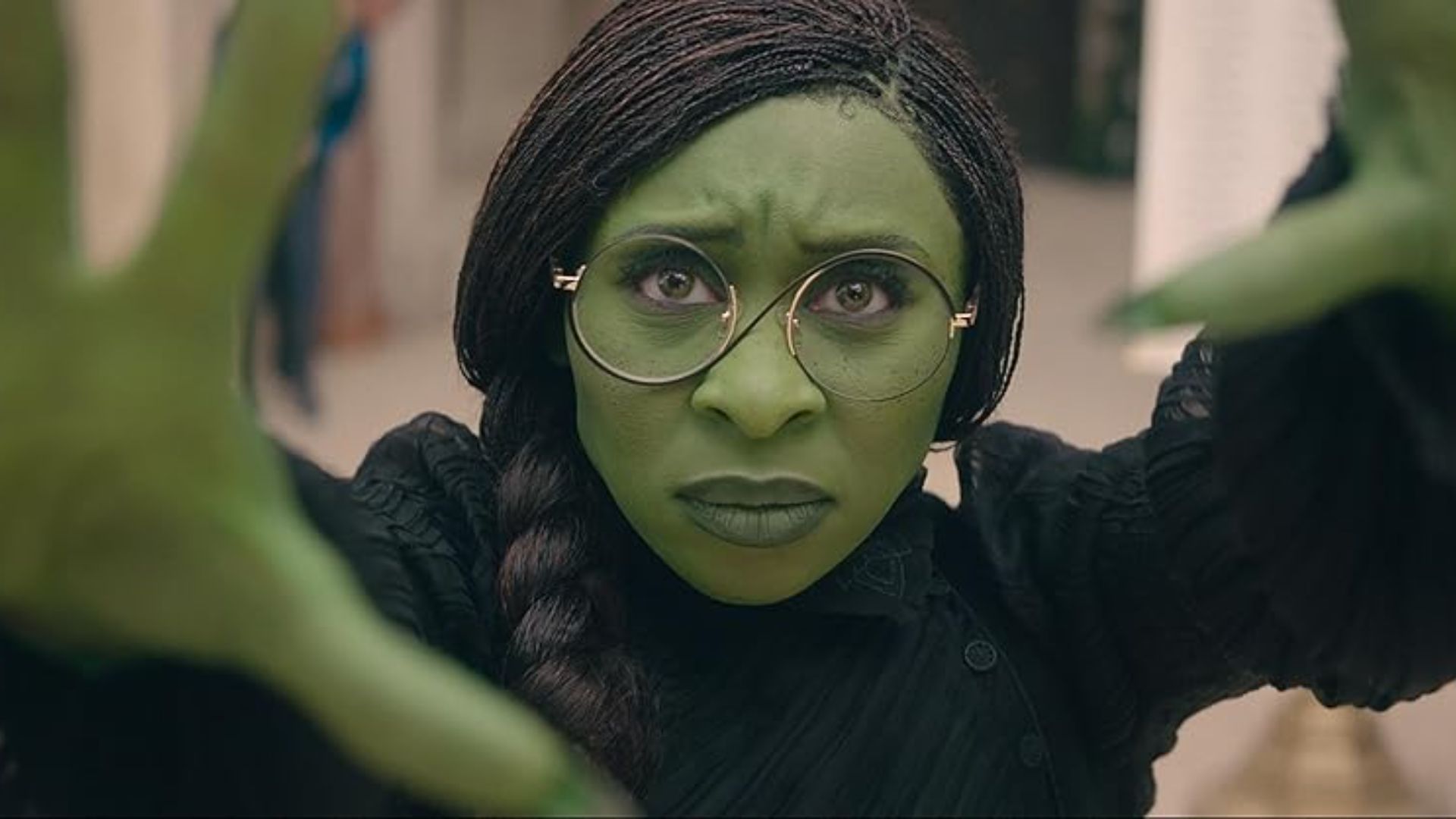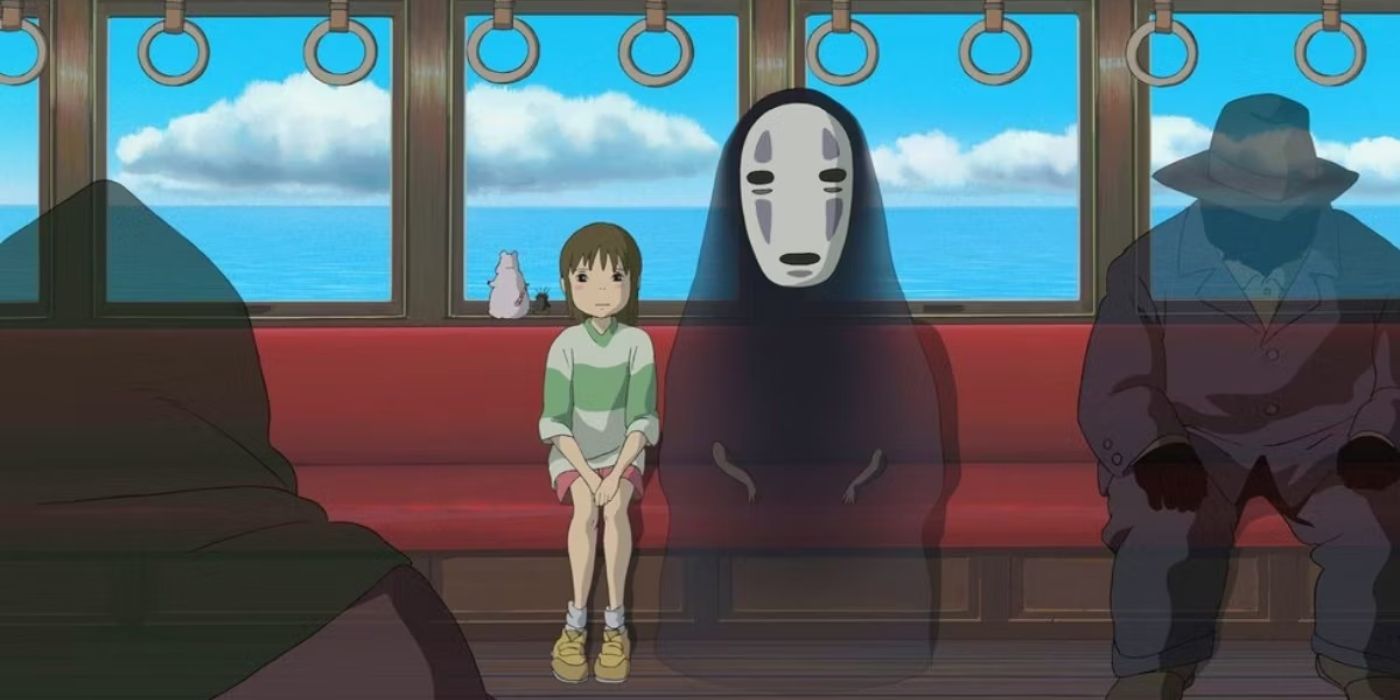Troubled youth films tend to become dated rather quickly. There’s something highly localized about these pictures, because one culture and era’s definition of ‘troubled’ bleeds into another’s toleration and acceptance. The cult classic Reefer Madness presented ‘kids’ destroying their lives over the titular devil’s lettuce; Nicholas Ray’s masterpiece Rebel Without a Cause fares a bit better, but still feels locked in the ’50s with its switchblades and curfew violations. The Breakfast Club, well, that’s an obvious one.
It’s gotten to the point where the only way to make these kinds of films is to relinquish timelessness and simply set it in the past from the start. ‘Coming of age’ now frequently means some past and distant age — Lady Bird, mid90s, Licorice Pizza, Call Me By Your Name, and so on. However, one film (that’s now receiving a theatrical re-release with a 4k restoration) manages to invert the aforementioned paradigm — though it’s 22 years old, it feels practically contemporary. This is Millennium Mambo.
MOVIEWEB VIDEO OF THE DAY
2001’s Millennium Mambo Still Feels Present Today
Palm Pictures
Millennium Mambo follows the young Taipei club girl Vicky (Shu Qi) as she endures a toxic on-again, off-again relationship with Hao-Hao (Chun-hao Tuan) and finds comfort in the paternal presence of an aging gangster named Jack (Jack Kao). Like Vicky, the film drifts drowsily to the omnipresent beats of a soft techno soundtrack, following its characters through claustrophobic clubs and apartments bathed in blacklight and blue neon.
There’s something eternally present about Millennium Mambo, which is ironic considering its director, Hou Hsiao-hsien, has spent so much of his career making historical films focused on the past. The great director of Taiwan’s New Wave and Cannes darling had excelled throughout the ’80s and ’90s with historical dramas such as The Puppetmaster and A City of Sadness, frequently focusing on the Japanese occupation and the Kuomintang government. His so-called ‘Urban Youth’ trilogy brought him back to the present, though.
In an invaluable interview with Positif (translated by Metrograph, who is re-releasing the film), Hou had this to say — “When we film the past, we have an accumulation of elements, of memories; we’re faced with a dramatic narrative. Whereas, faced with the present, it’s like standing before a hollow emptiness from which we ask ourselves what can be extracted? It’s true that now I’m turning my back on the past and am faced with a challenge.”
The Sad Stasis of Being Young
Palm Pictures
Millennium Mambo gorgeously captures this “hollow emptiness,” which Hao says is a result of “the absence of memory in the youth of today, who live above all in the repetitive present, while it’s actually the accumulation of different experiences that creates memory.” Millennium Mambo feels timeless because a kind of timelessness set into youth at the turn of the millennium. A combination of technology and the internet, cultural nostalgia, drugs, and hopelessness erased the future for people growing up in the digital era, and homogenized everything into one continual present.
Related: Best Films of the Taiwanese New Wave
Past, present, and future get jumbled up in Millennium Mambo, though not with the kind of puzzle-piece nonlinear narrative intentions seen in Memento or Pulp Fiction. It hardly matters which comes first, as Vicky will return to her psychotically jealous boyfriend, Jack will comfort her with fatherly security, and the techno beat will throb on. The voiceover narration takes place a decade after the events of the film and yet narrates the present in a circular, enigmatic way, as if the designation of ‘future tense’ no longer means anything.
Palm Pictures
Hou’s directorial style ensures that Millennium Mambo stays grounded in the present with, as Éireann Mannino of Movie Jawn writes, “a kind of frenetic stagnancy.” Hou, with his usual writer Chu Tʻien-wen, often develop a framework but then allow for guided improvisation, but they took this approach to its logical endpoint with Millennium Mambo. As Hou told Positif, “There was information on the atmosphere, the environment, and certain actions to guide the actors. It was sufficient for them to read these indications, but indeed, no lines of dialogue were written, and it was the actors who invented their text on set.”
As such, there’s a kind of aimless spontaneity to most of the film, which accurately reflects the banality and indifference of youth. Video games, attempting to DJ, smoking drugs, dancing, getting drunk, fighting over perceived flirtations, picking up the piles of trash from yesterday’s party, chain-smoking cigarette after cigarette — so much of Millennium Mambo feels like an honest depiction of youth, rather than the Hollywood antics and sentimentality of mainstream coming-of-age movies. This is a hypnotic film, not because of what happens, but because of what doesn’t.
The Technical Beauty of Millennium Mambo
Palm Pictures
It’s never boring or fatalistic though, despite the monotony and seemingly doomed cycles. Hou ensures that every frame is utterly entrancing, with help from an excellent crew of filmmaking artisans. Millennium Mambo rightfully won the Technical Grand Prize at Cannes for Tu Duu-Chih’s all-encompassing sound design. Using the beautiful beats of Lim Giong and Yoshihiro Hanno’s original score with popular techno tracks, Tu mixes the film with electronic aural textures accompanying nearly every scene with varying degrees of intensity. The repetition of techno fits with the theme of a never-ending present; when the music drops out in this film, it feels (and is) significant.
Of any Hou film to receive a 4k restoration, Millennium Mambo is probably the most deserving. That’s mainly thanks to Mark Lee Ping-Bing’s cinematography, which followed his work on the romantic masterpiece In the Mood for Love (which won him the Technical Grand Prize at Cannes the year prior). Almost the entirety of the film is artificially lit and set indoors (again, when it’s not, it’s for a reason), Lee’s camera patiently following the characters in very long takes with the breathless feeling that anything could happen.
Related: Best Taiwanese Romance Dramas, Ranked
Lee studies Vicky’s face here more than anyone else; actress Shu Qi is mesmerizing, and would understandably become Hou’s muse for subsequent films. Through a smoky haze of warm blues, sleepy yellows, and bold bursts of red, Lee ensures that Vicky is ensconced in neon, almost always surrounded by unnatural light. Gradually, Vicky feels like the only natural presence in an unnatural world (there are almost no shots of nature, animals, or sunlit skies in this late-night club life). So much of the film, existing at the intersection of a perfect performance and technical excellence, is about this woman possibly, just maybe, escaping her doomed eternal present.
Past Is Present
Palm Pictures
Millennium Mambo is neither a polemic against youth nor a testament to it. It doesn’t implicitly judge its characters or pretend that the past was somehow golden. Yes, Hou can occasionally sound like the prototypical boomer when describing the film and his ‘Urban Youth’ trilogy, like in the Positif interview:
Today it’s common to see young people kill their parents for a yes or a no, or undertake actions that would seem inexplicable to other generations who grew up on Confucianism. The former government itself used to reflect traditional forms stemming from religion, whereas today, politicians more closely resemble television show hosts. Older people are conscious of what they’re seeing, but political spectacle has great influence on these young people, and they all want to become stars of the small screen. And, unfortunately, those who are the most successful are, from our point of view, the dullest.
It’s hard to believe that this interview took place 22 years ago; swap out “Confucianism” with “Christianity” and it would sound pretty topical in today’s Western culture, further evidence of the film’s timelessness. However, Hou is not a bitter old man looking down upon younger generations with condescension. If anything, as Ross McDonnell writes for Little White Lies, “the film is an effort at diagnosis – an attempt to convey the anxieties of a generation, a young, urban alienation the director describes as “their cycle and rhythm of “birth, age, illness and death.'”
As Hou himself said in a featurette on the old Region 3 NTSC DVD of the film, “Like flowers, they are fading almost immediately upon blooming.” Millennium Mambo, like fading flowers, is both sad and beautiful.
From Palm Pictures, the 4k re-release of Millennium Mambo can be seen theatrically at The Metrograph in New York before expanding to other cities, and is streaming through The Metrograph At Home.
You can view the original article HERE.






























:quality(85):upscale()/2025/03/28/775/n/1922564/22119f9d67e6de01304208.95605728_.png)
